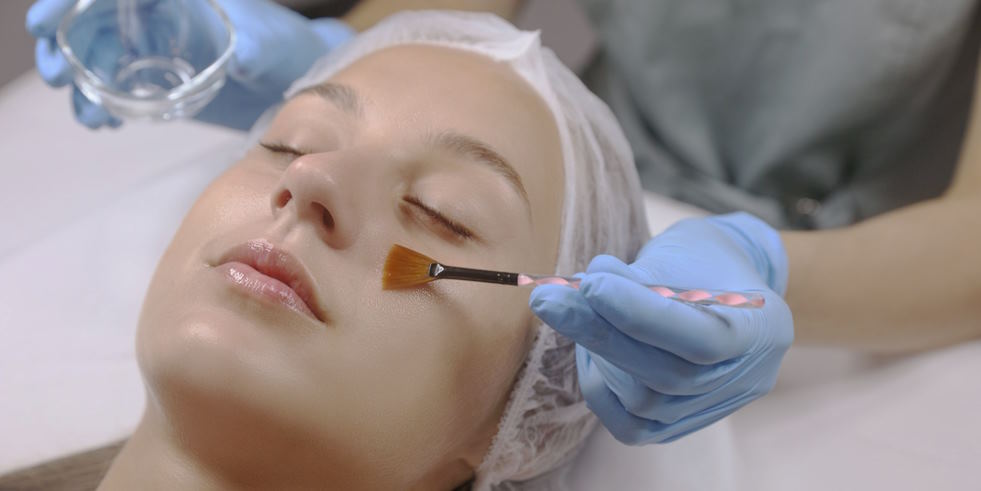January 30, 2024
The Role of Probiotics in Achieving Clear Skin

The quest for clear and radiant skin has long been a pursuit embedded in the human experience. Beyond mere aesthetics, healthy skin serves as a reflection of overall well-being and vitality. In this relentless pursuit, the role of probiotics has emerged as a fascinating and promising avenue. Probiotics, often associated with gut health, are now gaining recognition for their potential impact on our skin’s clarity and resilience.
The Skin Microbiome: Unveiling the Hidden Ecosystem
Beneath the surface of our skin lies a bustling and dynamic ecosystem known as the skin microbiome. This hidden world comprises a diverse community of bacteria, fungi, and other microorganisms, collectively influencing the health and equilibrium of our skin. The delicate balance between beneficial and harmful microbes on our skin’s surface plays a crucial role in its appearance and resilience. Scientific inquiry has recently extended beyond traditional skincare approaches, leading to a deeper understanding of the symbiotic relationship between our skin and the microorganisms that inhabit it. Probiotics, renowned for fostering a healthy gut microbiome, have emerged as key players in shaping the destiny of our skin health.

How Probiotics Work
To comprehend the transformative role of probiotics in achieving clear skin, one must first understand the mechanisms through which these microorganisms operate. Probiotics, defined as live microorganisms that confer health benefits when consumed in adequate amounts, have garnered attention for their multifaceted influence on the body. In the context of skin health, probiotics operate by fostering a harmonious environment within the skin microbiome. Specific strains of probiotics, such as Lactobacillus and Bifidobacterium, play pivotal roles in regulating the abundance of beneficial bacteria while mitigating the growth of harmful microbes. This intricate dance between various microbial players contributes to a balanced and resilient skin microbiome, laying the foundation for clear and healthy skin.
Probiotics and Acne
Acne, a common and often frustrating skin condition, has been the subject of extensive research in the context of probiotics. The connection between gut health and acne has been a focal point, with studies suggesting that imbalances in the gut microbiome can contribute to skin issues. Probiotics, when incorporated into the diet or skincare routine, have shown promise in reducing acne breakouts. By modulating the microbial composition of the gut and subsequently influencing the skin microbiome, certain probiotic strains exhibit anti-inflammatory properties and regulate sebum production, addressing key factors in acne development.

Probiotics and Inflammation
Inflammation is a common denominator in various skin conditions, from acne to eczema. Understanding the role of inflammation in skin health is crucial for appreciating how probiotics may contribute to achieving clear skin. Probiotics, with their anti-inflammatory properties, have demonstrated the ability to modulate the immune response within the skin. By influencing the production of cytokines and other inflammatory mediators, certain probiotic strains contribute to a reduction in skin inflammation.
Incorporating Probiotics into Skincare Routine
Practical application is key when considering the integration of probiotics into daily skincare routines. While dietary sources of probiotics contribute to overall skin health, topical probiotic skincare products have gained popularity for their targeted approach. Yogurt, kefir, and other fermented foods rich in probiotics offer internal support for the skin microbiome.




